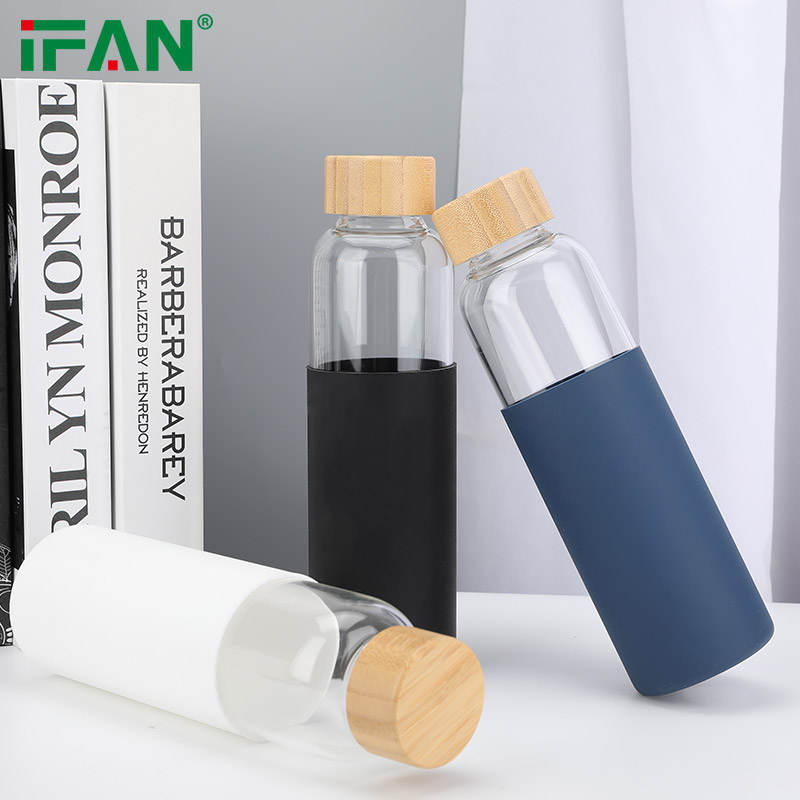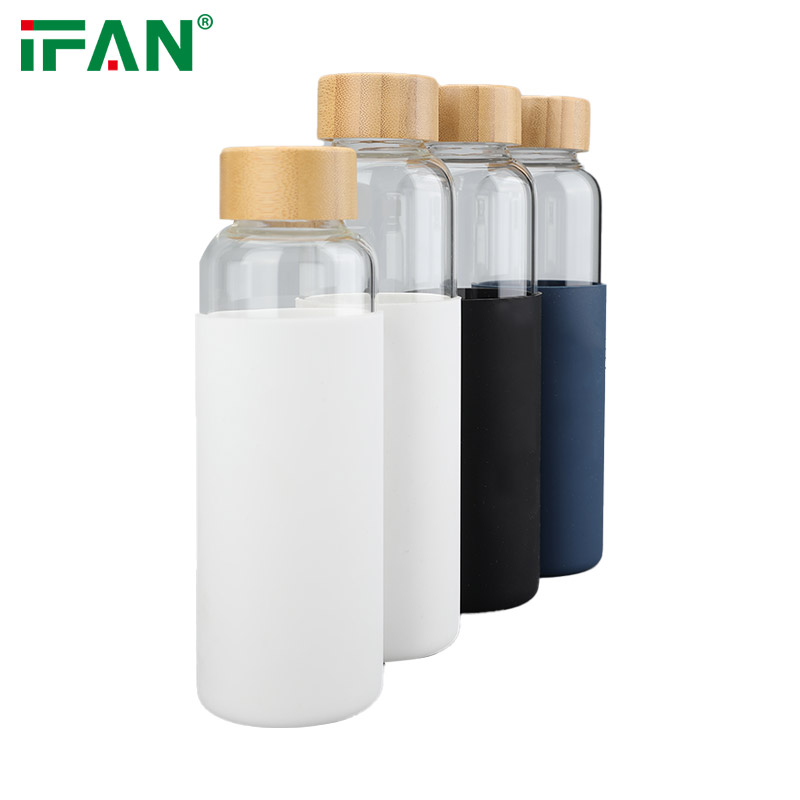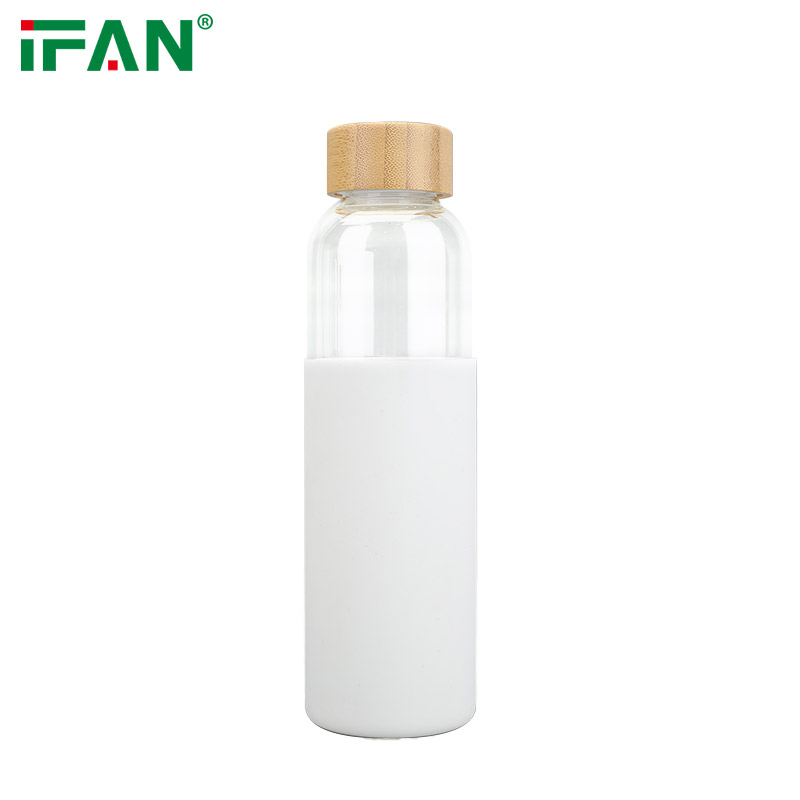A glass water bottle is a reusable container made of glass that is specifically designed to hold water or other beverages. It offers several advantages over plastic water bottles, making it a popular choice among environmentally conscious individuals.

One significant difference between glass and plastic water bottles is the material they are made of. Glass is a non-porous and inert material, which means it does not react with the contents of the bottle. This makes it an excellent choice for storing water, as it does not leach any chemicals or flavors into the liquid. Plastic bottles, on the other hand, are typically made from various types of plastic, such as polyethylene terephthalate (PET). These plastics can release harmful chemicals, such as bisphenol A (BPA), into the water, especially when exposed to heat or prolonged use.
Another difference is the environmental impact. Glass water bottles are reusable and can be used for an extended period. They are a sustainable alternative to single-use plastic bottles, which contribute to the growing problem of plastic pollution. Plastic bottles take hundreds of years to decompose, and many end up in landfills or oceans, causing harm to ecosystems and wildlife. Glass bottles, on the other hand, can be recycled indefinitely, reducing waste and conserving resources.

Glass water bottles also offer better insulation properties compared to plastic bottles. They can keep beverages colder for longer periods, making them ideal for those who prefer chilled drinks. Plastic bottles, especially thin and single-layered ones, may not provide the same level of insulation and can allow heat transfer, resulting in less effective temperature control.
Durability is another aspect where glass water bottles excel. Glass is a sturdy material that is resistant to scratches, stains, and odors. It is less likely to deteriorate over time, maintaining its clarity and functionality. Plastic bottles, on the other hand, can become scratched, discolored, and develop a lingering odor, especially with frequent use and exposure to certain substances.
However, it’s important to note that glass water bottles are not without their drawbacks. They are generally heavier and more fragile than plastic bottles, which can make them less convenient for on-the-go use or outdoor activities. Care must be taken to prevent breakage, and protective sleeves or cases are often recommended to provide additional protection.

In conclusion, a glass water bottle is a reusable container made of glass that offers several advantages over plastic water bottles. It is a non-reactive, environmentally friendly, and sustainable option that does not leach chemicals into the contents. Glass bottles provide better insulation, durability, and resistance to stains and odors. While they may be heavier and more fragile, the benefits they offer make them an appealing choice for those looking for a healthier and more eco-friendly alternative to plastic water bottles.

